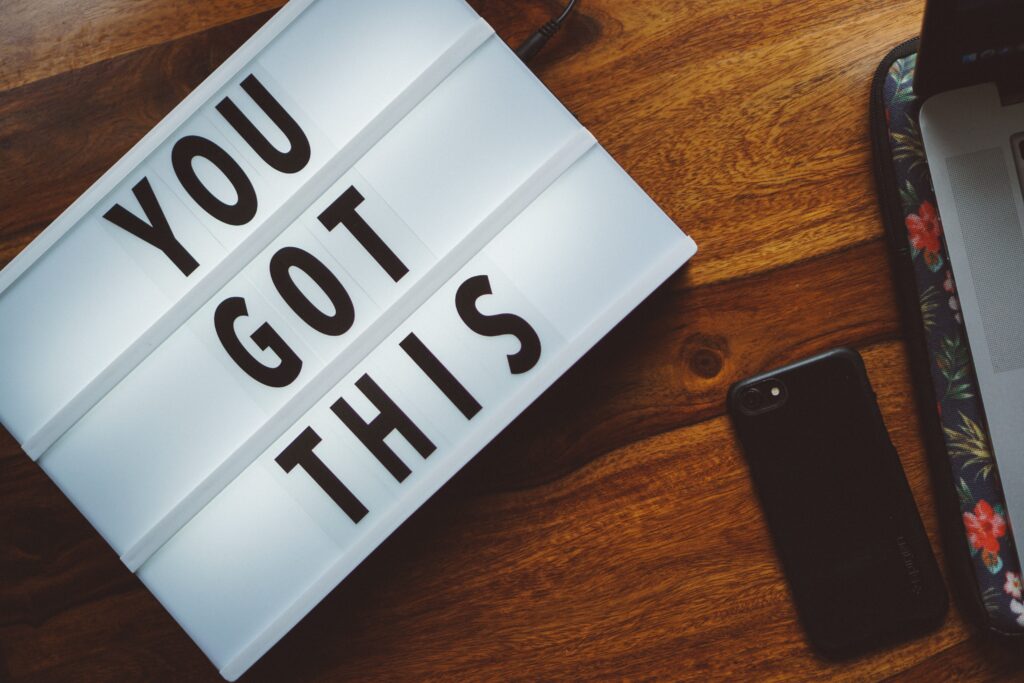Have you ever found yourself in a situation where you witnessed behavior that made you feel uncomfortable or uneasy, but weren’t sure how to respond? Maybe it was a situation where someone was being bullied or harassed, or perhaps it was a situation where someone was being discriminated against due to their race, gender, or other characteristics.
As a bystander, it can be challenging to know how to take action in these situations. However, by learning to become an upstander, you can make a positive difference in the world and help create a safer, more inclusive environment for everyone!
The Power of Being an Upstander
During my time at a previous organization, I encountered a situation where one of my colleagues, James, was teasing another team member, Rose, during our lunch break. It was clear to me that Rose was uncomfortable and hurt by the situation, which was causing delays in our project collaboration. As a responsible team member, I felt it was my duty to speak up.
Approaching James, I calmly explained that his teasing was making Rose uncomfortable and that it was not okay to continue (both names have been changed). Initially, James dismissed my concerns, insisting that it was all harmless fun and that Rose should learn to take a joke. But I persisted in explaining to him that his behavior and teasing bordered on bullying and were creating a negative work environment for everyone.
Eventually, he realized the impact of his actions and apologized to Rose. He made a conscious effort to be more mindful of his words and actions in the future, and he shared the lessons he learned from the experience with other team members. Rose thanked me upon learning I stood up to her.
Through this experience, I learned that being an upstander is not always easy, but it’s important to stand up for what’s right to create a positive work environment for everyone. While teasing and sarcasm can be part of company culture, it’s crucial to draw the line when it comes to bullying or harassment.
The Importance of Being an Upstander
Workplace bullying is a pervasive problem, but it’s not one that should be ignored. It’s essential to recognize the role that bystanders play in perpetuating the toxic culture that allows this behavior to continue. As an upstander, you can make a difference by taking action to address workplace bullying.
Being an upstander requires courage, but it can also be incredibly rewarding. When you speak up against inappropriate behavior, you are standing up for what’s right and setting an example for others to follow. Whatever action you take, it’s important to stay committed to creating a safe and respectful workplace for all.
We’re actually glad to help you create positive work cultures, and we have resources available to help! Catherine’s course, “Bystander Training: From Bystander to Upstander,” is featured on LinkedIn Learning’s DEI Actions for Individual Contributors Learning Path, and it is free until the 31st! Make sure to spread the word about this awesome opportunity!
Additionally, snag a copy of our guide, “16 Ways You Can Be A Better Ally” for free and equip your employees with the tools and confidence to make a difference in your workplace.
Lastly, our training programs are designed to give your employees what they need to create a positive environment. We’ll work with you to create a customized plan that fits your needs and helps your employees become champions of positive change. Let’s partner to create a workplace where everyone feels supported and empowered!
Written by: Jennifer Areola



